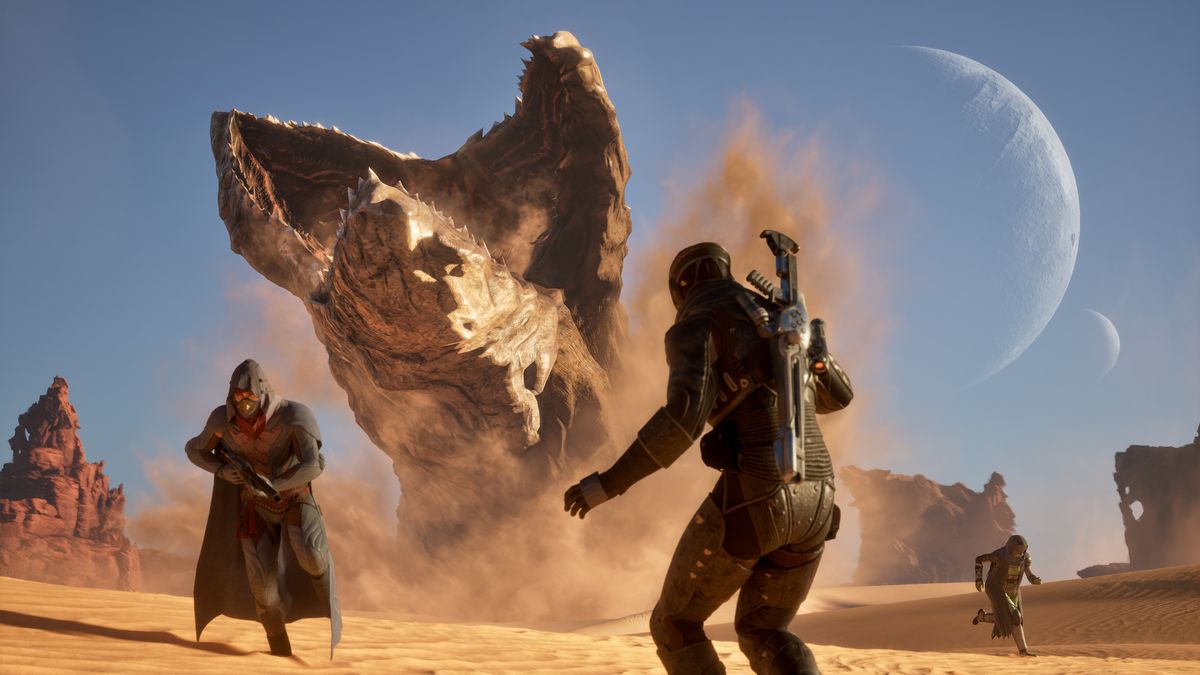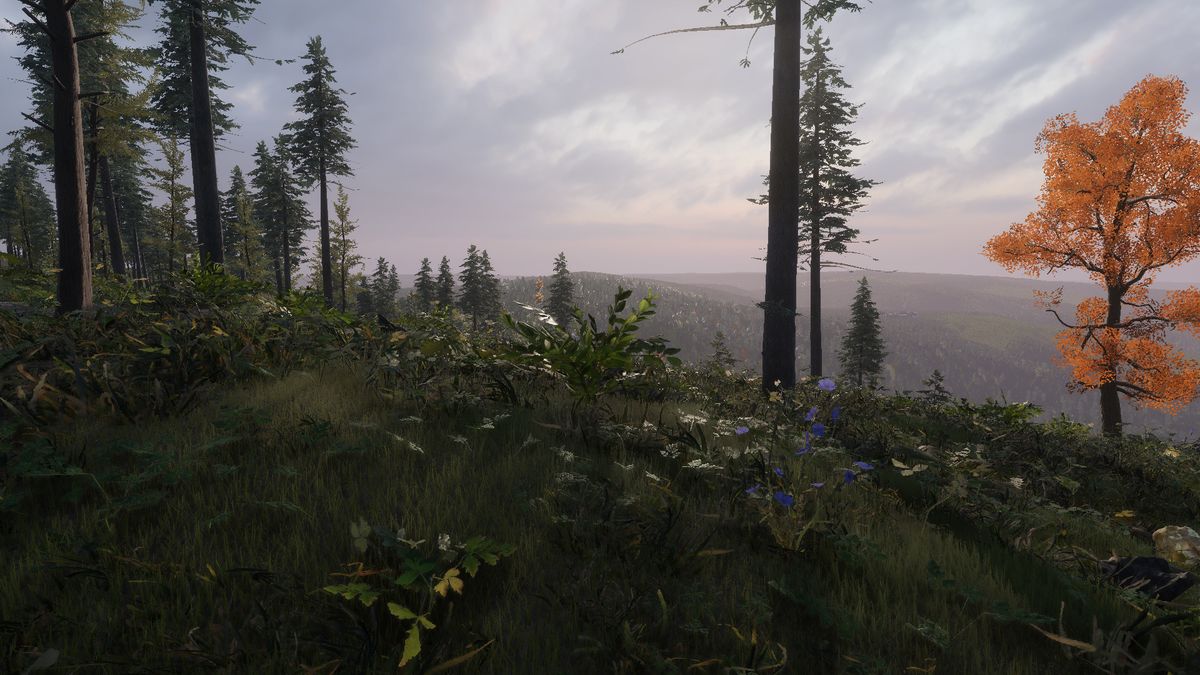Earlier this month, Luke Durant, a former Nvidia employee from San Jose, California gained one of the rarer accomplishments in mathematics. With the help of just a few thousand graphics cards spread across 17 countries' datacenters and some free software, Durant discovered the world's largest known prime number: 2136,279,841-1.
I'd write that out for you, but I don't think the website would appreciate having to display its more than 41 million digits. Don't worry, though: I downloaded the 18.3 MB .txt file recording Durant's discovery and everything seems to be in order, as I'm sure you'll agree:
If you want to pore over all those digits yourself, 2136,279,841-1 is available for download in its entirety from The Great Internet Mersenne Prime Search, or GIMPS, a 28-year-old website that looks exactly like you would imagine. GIMPS provides free software that attempts to calculate numbers in a rare category of prime numbers called Mersenne primes.
If it's been too long since the relevant math class: A prime number is any number that's only divisible by 1 and itself. Mersenne primes, meanwhile, are even more unique, being prime numbers that are one less than a power of 2.
If you're wondering how you even discover a prime number in the first place, it's a matter of verification. Sure, if you just mash a bunch of digits out on your keyboard, there's a chance it might be a prime number—but you'd have to calculate whether it's divisible by any smaller number to prove it. Unsurprisingly, the amount of necessary calculation skyrockets as the number of digits in the potential prime number increases.
And Durant's newly-discovered Mersenne prime, which according to GIMPS is over 16 million digits larger than the previous prime number record, took a hell of a lot of computing. While using "thousands of server GPUs, spanning 24 datacenter regions over 17 countries" to identify potential primes with GIMPS, an Nvidia A100 GPU in Dublin, Ireland scored big when it identified 2136,279,841-1 as a potential candidate.
Of course, then it had to be verified, which required further calculations through a battery of primality tests on different hardware platforms. But the results are clear—to some mathematicians somewhere, I'm sure. I'll take their word for it.
Durant's discovery marks the first time GIMPS cloud computing has been used for the discovery of a Mersenne prime. Durant's network of number-crunching GPUs, GIMPS says, "ends the 28-year reign of ordinary personal computers finding these huge prime numbers."
According to GIMPS, Durant decided to undertake the Mersenne prime search as a "demonstration that GPUs can be used for more than AI." While I'm sure prime numbers aren't quite the investor buzzword that AI's been the last couple years, I admire the motivation regardless.

 2 months ago
164
2 months ago
164








![Anime Reborn Units Tier List [RELEASE] (November 2024)](https://www.destructoid.com/wp-content/uploads/2024/11/anime-reborn-units-tier-list.jpg)
